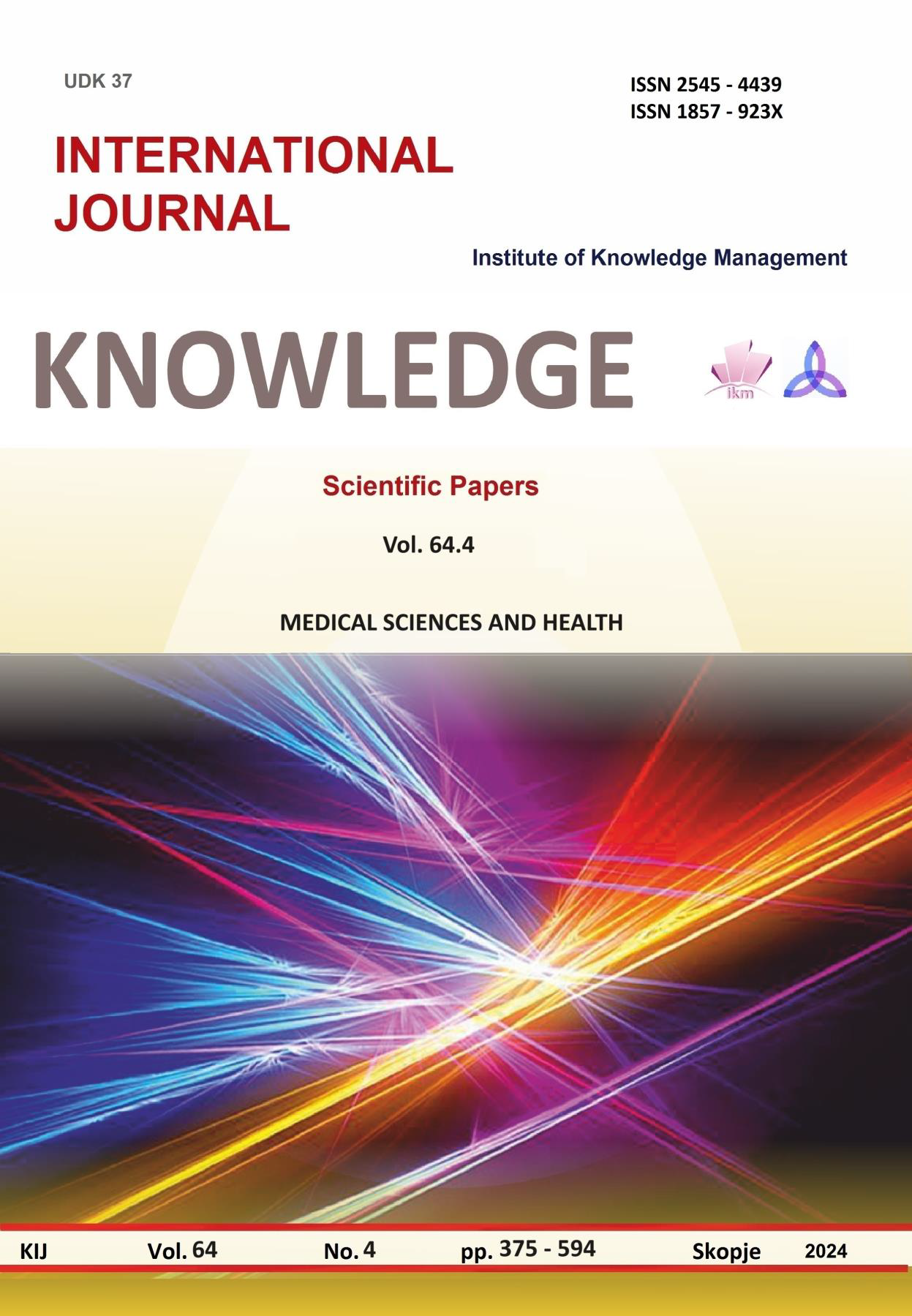SPRING FOUNTAINS AND THE PUBLIC HEALTH
SPRING FOUNTAINS AND THE PUBLIC HEALTH
Author(s): Elena Valkanova, Rostislav Kostadinov, Maria GeorgievaSubject(s): Health and medicine and law, Rural and urban sociology, Welfare services
Published by: Scientific Institute of Management and Knowledge
Keywords: Spring fountain;Public health;Health risk;Disaster resilience
Summary/Abstract: Abstract: The water is one of the environmental factors that are essential for the human existence. People rely on this natural resource the quality of which can promote or degrade health and wellness. In accordance to the United Nations' World Water Development Report Bulgaria could be described as a country with relatively significant fresh water resources in comparison with other European countries, both in absolute volume and per capita of the population. As per 2021, access to potable safe water is provided through group village water supply systems to 99.4% of the country's population. Notwithstanding the access to safe potable water, under regular laboratory control of the respective state organizations Regional Health Inspection and The Ministry of Environment and Water, in Bulgaria there is still present practice of increased use of water originated by uncontrolled spring fountains sources. As the current regulations do not require monitoring of water quality at these sources, the spring fountains could present a health risk to the population, especially in the periods (draughts, natural or man-made disasters) with water scarcity. The purpose of this study is to analyze the origin of the population strive to use uncontrolled spring fountains sources that possess risk for individual and population health. Materials and methods: The means of the descriptive and comparative methods were applied for analyzing the historical, religious, ethnographic data related to the populations beliefs and customs about the plausible impact of the spring fountain water on health and wellbeing. Results and discussion: A lot of research papers have been published describing the significance of the water for maintain the life and health – for drinking and cleaning purposes. The plentitude of water springs throughout Bulgaria is providing the population with easy access and utilization of these waters. Almost every region has its own legend related to some of the spring fountains. Some of them, usually located within the sacred walls of the monasteries, churches or shrines are praised as blessed because of their religious symbolic meaning or because of reported miracles. Such sites are related not only to the Christianity but could be traced to the Thracian and Hellenistic goddess or deities. Conclusions: Based on the research findings could be stated that the frequent and widely spread use of the uncontrolled spring fountain waters in Bulgaria could be easily explained with the historical, cultural and religious heritage and it is facilitated by the easy access and plentitude of the fountain springs. It is highlighted their potential usage in case of crises, disasters as an alternative water supply for the affected population that increase the population disaster resilience. The lack of water monitoring and the mining and other industrial sites located close to these water sources could pose a health risk, therefore, as a conclusion the requirement for better understanding of the water quality has to be noted.
Journal: Knowledge - International Journal
- Issue Year: 64/2024
- Issue No: 4
- Page Range: 499-503
- Page Count: 5
- Language: English

